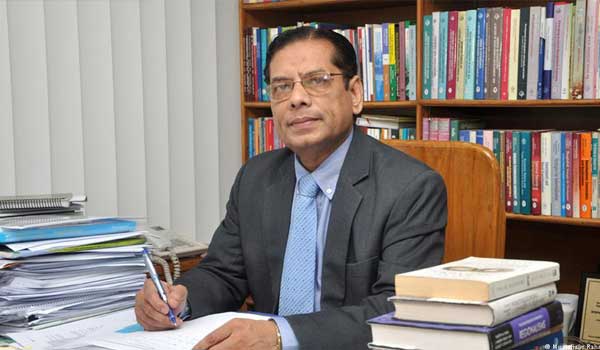Originally posted in The Daily Star on 9 December 2024

Marginalised people in Bangladesh, who are in an unequal situation, should receive additional aid and facilities, said Professor Mustafizur Rahman, a distinguished fellow at the Centre for Policy Dialogue (CPD).
He said that treating those in unequal positions the same as those in comparatively better situations would perpetuate inequality.
Rahman made these comments at a session titled “Establishing a citizen-led oversight and accountability process to improve public service deliveries” at the Citizen’s Conference 2024.
The event was organised by Citizen’s Platform for SDGs, Bangladesh, at the Bangabandhu International Conference Centre in Dhaka yesterday.
Rahman said marginalised and ultra-marginalised communities should get education and healthcare as rights.
“Especially the July uprising and August political changeover provide an opportunity to establish this. And this opportunity should be utilised,” he added.
Faria Sultana, a senior assistant professor at the American International University-Bangladesh, said citizen-led oversight and accountability mechanisms offer a promising path forward for improving primary healthcare and education in Bangladesh.
By empowering marginalised communities to actively participate in monitoring and evaluation, the government can enhance service delivery, increase transparency and create a more equitable society, she said.
Zakir Hossain, chief executive of the Nagorik Uddyog, proposed quarterly public hearings for government ministries and departments to improve accountability. This would involve assessing the services provided over the past three months.
Samir Ranjan Nath, programme head at the BRAC Institute of Educational Development and Shawkat Hossain Masum, head of online at the Prothom Alo, also spoke at the event.


